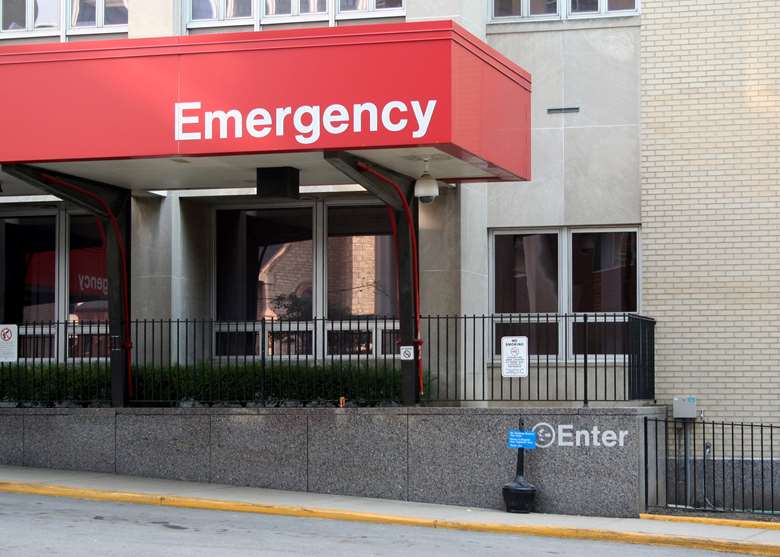Colleges 'forced' to send students with mental health crises to A&E
Gabriella Jozwiak
Monday, February 6, 2017
Three quarters of further education (FE) colleges in England have been forced to refer students experiencing mental health crises to Accident and Emergency (A&E) hospital departments in the past year, with cuts leaving many unable to provide their own support, research has revealed.

Membership organisation the Association of Colleges found 74 per cent of the colleges it surveyed had sent young people to A&E in 2015/16.
Eighty-five per cent said they had seen an increase in the number of students with disclosed mental health issues in the past three years. While 81 per cent of respondees reported having "significant numbers" of students with an undisclosed mental health problem.
Association of Colleges president Ian Ashman said colleges are being left with no choice but to refer students to A&E, because of a "lack of investment in joined-up specialist support for young people and adults in the community".
Only 40 per cent of respondees said they had the funding available to afford a full-time mental health worker or counsellor as a result of college funding reductions over the past five years.
In addition, 48 per cent of respondees described their relationship with local clinical commissioning groups, which procure mental health services, as "non-existent".
Ashman called upon local NHS commissioners and trusts to use mental health service funding to develop closer relationships with colleges.
"Where they [colleges] have good relationships with their local mental health services, they are able to do much more to address issues before they become serious," he said.
"Effective intervention by such partnerships can avoid students developing more serious problems or getting to the point of a mental health crisis."
Marc Bush, chief policy adviser at YoungMinds, agreed that close links between colleges and local mental health services were "crucial".
"But while it's really important to support young people going through a crisis, colleges also have a huge role to play in preventing mental health problems from escalating in the first place," he added.
"The wellbeing of young people should be regarded as just as important as academic achievement, and that's why colleges need incentives and recognition for the work they do in promoting good mental health."
Brian Dow, director of external affairs at Rethink Mental Illness, said closer ties between local mental health services and colleges "makes sense", but warned that without funding, such efforts were unlikely to make a difference.
He pointed out the government has announced extra funding for children and young people's mental health services.
This includes £1.4bn extra funding for clinical commissioning groups (CCGs), and a review of child and adolescent mental health services (CAMHS) announced by Prime Minister Theresa May last month.
But he added that promises needed to be translated into "actual support, close to home and early on when young people need it".
"Half of those people who go on to have lifetime mental health problems first experience symptoms by the age of fourteen, so getting support early on is absolutely crucial," he said.
In December 2016, Young Minds reported that CCGs had been siphoning off additional government money intended to improve children and young people's mental health provision to pay for other services and tackle cuts.
The Association of Colleges research was supported by the think-tank IPPR, whose senior research fellow on health Craig Thorley said their own research suggested the government needed to recognise the important role for colleges in early intervention in identifying and supporting young people with mental health problems.
"It must require the NHS to meaningfully involve schools, colleges and universities in decisions on how to organise mental health services locally, and ensure that there are clear routes into NHS provision for the most serious cases," said Thorley.
The data was collected from around a third of the total 325 further education colleges in England.
NHS England has been contacted for comment.




